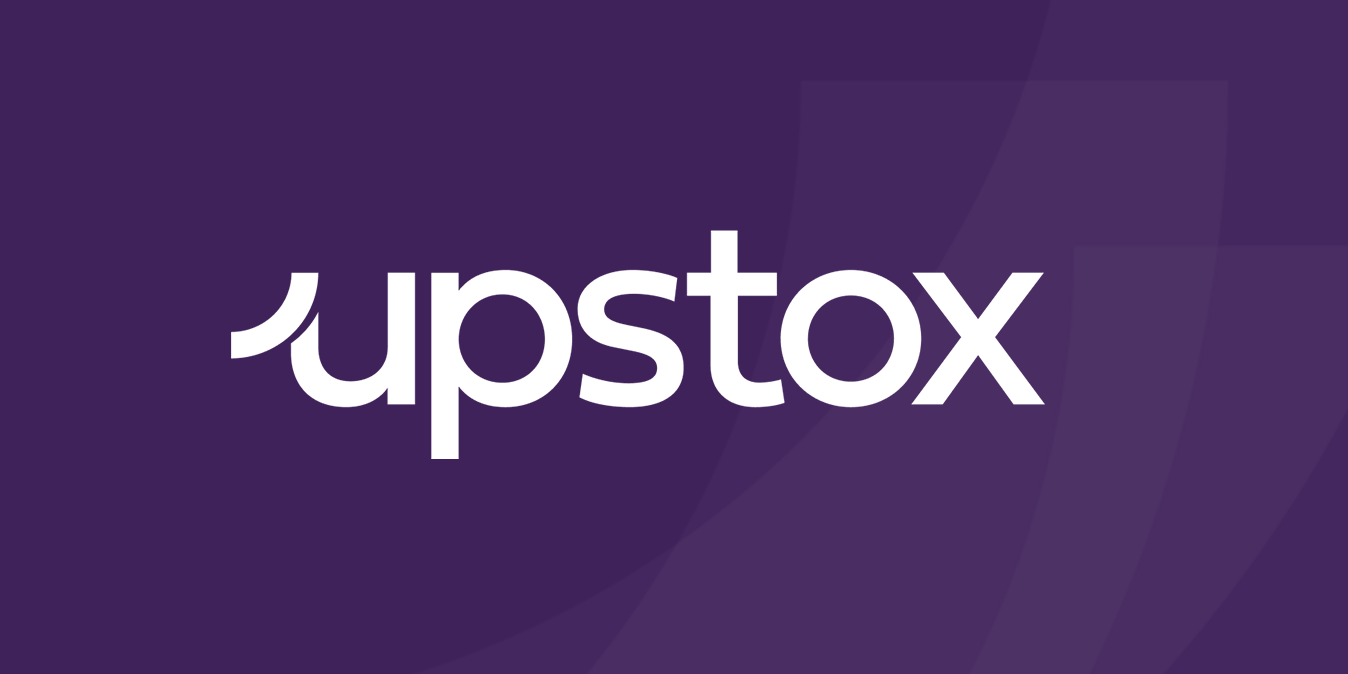8 Factors to keep in mind when investing in Equity Mutual Funds in 2021

There are more than forty mutual fund houses in India. And every fund house has equity schemes. A question which can easily occur to investors is: How to distinguish an equity scheme of a fund house from an equity scheme of another fund house? This can be a tedious exercise especially in the present market conditions. The broad benchmark indices are trading at expensive valuations. Almost every equity schemes may seem a sound investment. But you must bear in mind that in a bull phase all schemes look the same. The test of a scheme is in the bear phase.
In the context of these facts, let us understand a few factors you should keep in mind while investing in such schemes in 2021:
- Investment horizon
To invest in equity mutual funds and benefit from them you need a minimum investment horizon of at least five years. Though in the last eighteen months you have seen equity funds bouncing back from the lows in March 2020, do not assume that volatility is a short-lived affair. When you invest with a long-term vision, chances are high of big drawdowns and prolonged sideways movement of the markets. This could last for a few months. Hence, a long-term vision of at least five years evens out any fluctuation in returns.
- Risk appetite
Equity funds invest in shares. But the risk varies with the type of companies they invest into. The risk is relatively less with large-cap equity funds as they invest in relatively large companies with relatively less volatility. But if you are looking at small-cap funds then be prepared for high volatility. Buy what you can live with.
- Fund performance
You need to check how a fund has performed, especially in a bear phase or down cycle of the markets. Though the past performance is no guarantee of future, it is better to go with a scheme which has a long performance record of doing relatively well in bear phases. It means that the fund house has some processes and people in place to deal with volatilities and unforeseen events. Such schemes are more likely to repeat their past success.
- Return expectations
In the past one year large-cap funds have given on the average 51% returns and small-cap funds have given 82% returns. This is an outlier performance. Such returns cannot be expected year after year. It is time to recalibrate your expectations of returns.
- Expenses
Equity schemes charge a fee, usually termed, as expense. Controlling such expenses can enhance your returns. You may want to use direct plans if you are a do-it-yourself investor. But if you cannot pick a scheme for yourself, opt for an advisor. You can instead choose products that charge lower expense. Passively managed funds can be used to cut expenses.
- Taxation
In understanding how much you have gained on your investments, you must focus on post-tax returns. Besides this, you also need to take into account transaction costs and exit loads associated with equity schemes. Long-term investing helps you cut down your tax burden and impact of transaction costs.
- Diversification
If you are building a bouquet of schemes then consider style diversification. Invest in schemes that build portfolios using strategies such as value, quality, growth, volatility and momentum. These have little correlation with each other and tend to improve portfolio returns on a relatively lower risk. You should also invest in schemes that invest in shares listed overseas. It also acts as diversifier.
- Stagger your purchases
The last but the most important – if you are investing in equity fund now, do not put all your money in one go. Opt for Systematic Investment Plan (SIP) or Systematic Transfer Plan (STP). It will help you reduce the risk involved in mistiming your investments.